How Computers are Searching for Drugs of the Future
Researchers at UCSF and elsewhere are turning to virtual experiments for the initial steps of drug development.

University of California San Francisco
Give to UCSFResearchers at UCSF and elsewhere are turning to virtual experiments for the initial steps of drug development.

Americans of South Asian descent are twice as likely as whites to have risks for heart disease, stroke and diabetes, when their weight is in the normal range.

Smoking by either parent helps promote genetic deletions in children that are associated with the development and progression of the most common type of childhood cancer, according to research headed by UCSF.

UCSF Health has been named a 2017 “Leader in LGBTQ Healthcare Equality,” receiving a perfect score on the national Healthcare Equality Index, which was released by the Human Rights Campaign Foundation, the educational arm of the nation's largest LGBTQ civil rights organization.
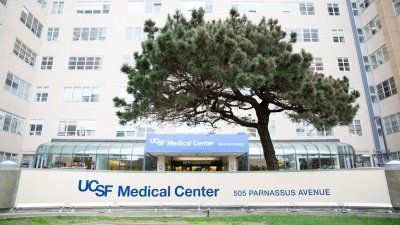
Distinguished academic and health leaders from Mexico and California met on March 29 in Mexico City to discuss health issues relevant to Mexico and the United States, with special attention to California, at the first Binational Health Forum.
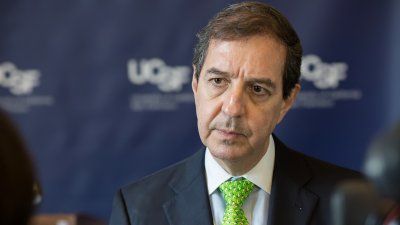
UCSF researchers have used data-mining computational tools to identify a treatment for hepatocellular carcinoma, a cancer associated with underlying liver disease and cirrhosis that often only becomes symptomatic when it is very advanced.
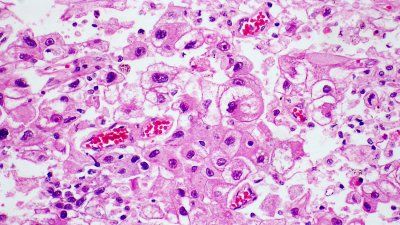
A newly approved drug that is the first to reflect the current scientific understanding of multiple sclerosis is holding new hope for the hundreds of thousands Americans living with the disease. It also highlights the importance of clinician scientists like UCSF’s Stephen Hauser who are working to transform research into cures for patients.
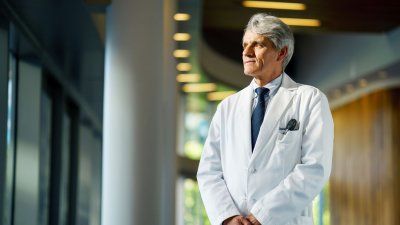
David Julius, professor and chair of the Department of Physiology at UCSF, was named on March 28 to receive the 2017 Canada Gairdner International Award, one of the most prestigious prizes in biomedicine.
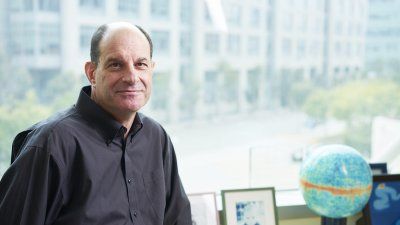
An innovative virtual glucose management service for hospitalized patients with diabetes is highly effective at maintaining appropriate glucose levels.

UCSF researchers have helped to identify the three evolutionary steps the polio virus used to evolve from harmless vaccine into a regional menace. With the new knowledge, they have developed a new polio vaccine that should be unable to escape and cause outbreaks.

Health policies under the new presidential administration could bring widespread changes at the national and statewide level, according to Drew Altman, president and chief executive of the Henry J. Kaiser Family Foundation, who spoke about the topic at UCSF on March 21.
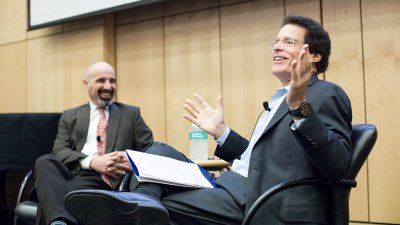
Learn more about some of the UCSF researchers who received the top funding from the National Institutes of Health in 2016.
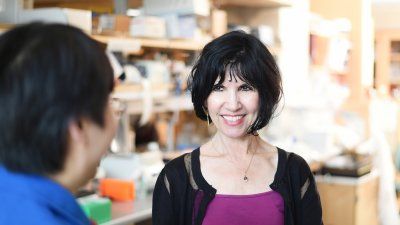
UCSF was the top public recipient of biomedical research grants from the National Institutes of Health or the sixth consecutive year in 2016, and the second-highest recipient among all public and private institutions nationwide.
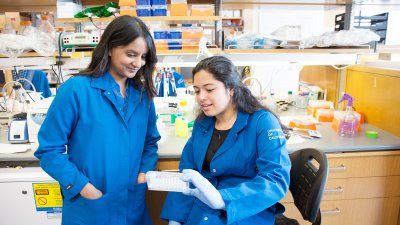
Marilyn Reed Lucia’s life is closely linked with UCSF. She graduated from medical school at UCSF in 1956 and was one of only three women in her class. Lucia later went on to complete her residency in psychiatry and child psychiatry.
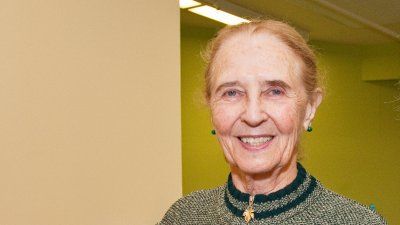
For a cohort of this year’s graduating class, residency training will not only advance their careers as physicians, but also further their commitment to social activism and greater health care equity for all patients.
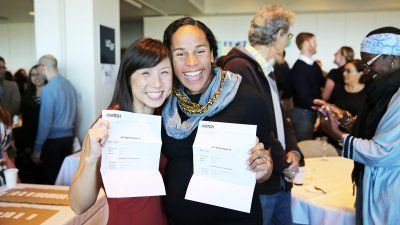
UCSF has worked strategically with community partners in the SFHIP to enact high-impact policies, such as banning sugar-sweetened beverages from hospitals, to improve public health and reduce health inequities in the city.

Arturo Alvarez-Buylla was selected by his peers as the recipient of the 60th annual Faculty Research Lectureship in Basic Science
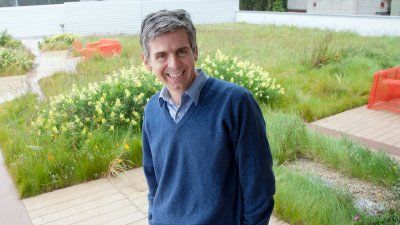
Christina Hueschen took home the top prize at this year’s UCSF Grad Slam competition for her talk titled “How to Build an Elephant.”
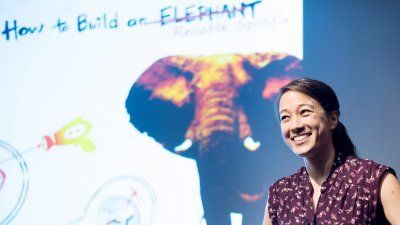
Using video microscopy in the living mouse lung, UC San Francisco scientists have revealed that the lungs play a previously unrecognized role in blood production.
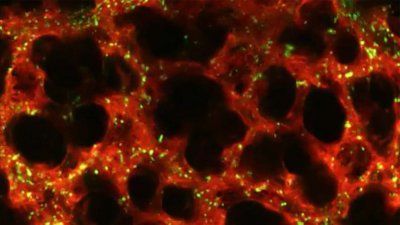
Faculty, administration and library leaders from UCSF took a major step towards the goal of making all scholarly literature freely available to everyone by endorsing an international open access initiative called OA2020.
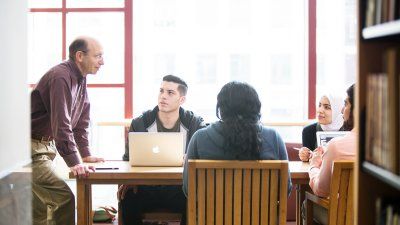
Location-tracking apps on smartphones could be used to help track and manage care for thousands of patients who suffer from chronic diseases, and possibly provide feedback to them on lifestyle changes.
